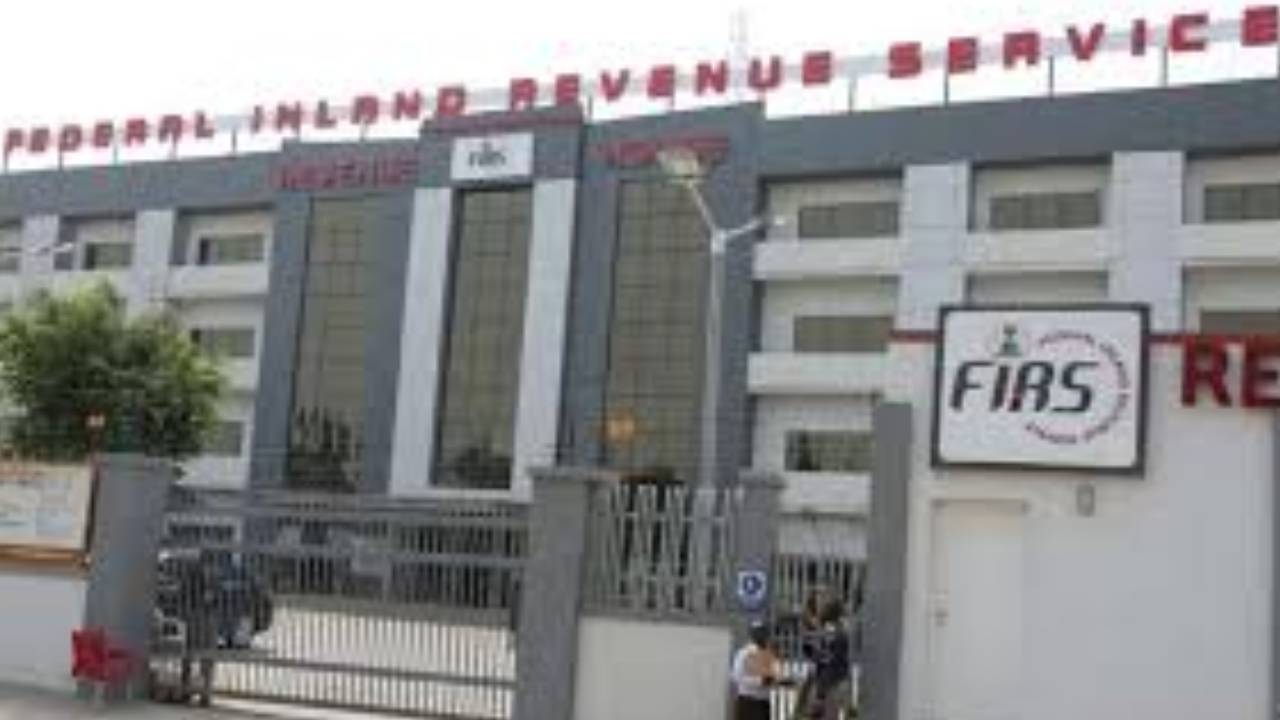The Federal Inland Revenue Service (FIRS) has engaged tax professionals, consultants, and compliance experts in a stakeholders’ forum to address the practical implementation of the 2024 Withholding Tax (WHT) Regulations.
The interactive session, aimed at bridging the gap between policy and practice, brought together a wide range of professionals to discuss key provisions of the revised WHT framework and explore solutions for seamless execution.
In a statement, the FIRS said the forum served as a platform for stakeholders to seek clarification on technical aspects of the new guidelines, offer constructive feedback, and propose improvements to enhance compliance and efficiency.
The WHT reform, according to the Service, marks a major step in Nigeria’s ongoing tax modernisation drive. It seeks to improve clarity, reduce the compliance burden—particularly on small and medium-sized enterprises (SMEs)—and ensure greater consistency among withholding agents, while aligning with international best practices.
Many of the tax consultants who participated in the session described the engagement as timely and productive. They commended the FIRS for opening up dialogue, noting that such forums are vital for ensuring that tax regulations are practical and responsive to real-world challenges. Some also highlighted the potential of the new framework to promote better compliance and ease operational bottlenecks for smaller businesses.
The FIRS urged tax professionals to act as partners in progress by supporting clients with accurate information and serving as conduits for continuous feedback to the Service.
Speaking at the event, Mr Collins Osagie Omokaro, Special Adviser on Communications and Advocacy to the FIRS Executive Chairman, Dr Zacch Adedeji, said the session reflects the current leadership’s commitment to building a taxpayer-focused administration.
“The Executive Chairman has made it clear that effective tax administration must be built on dialogue and understanding,” Omokaro said. “These forums provide us with an opportunity to offer clarity, listen to feedback, and work collaboratively with taxpayers to improve outcomes. That is how we build trust and ensure long-term compliance.”
The Service also used the opportunity to honour top-performing taxpayers who have consistently met their obligations, saying the recognition aligns with its commitment to promoting transparency and rewarding civic responsibility.
Sessions during the forum focused on critical areas of the WHT reform, including new tax deduction requirements, exemptions, instalment payment options, and updated compliance procedures. Participants were also given detailed insights into how the changes are expected to streamline reporting processes and create a fairer, more efficient tax system.
The FIRS reaffirmed its commitment to taxpayer education, inclusive policymaking, and service excellence, describing the WHT reform as part of a broader effort to make Nigeria’s tax regime more transparent, predictable, and efficient.





